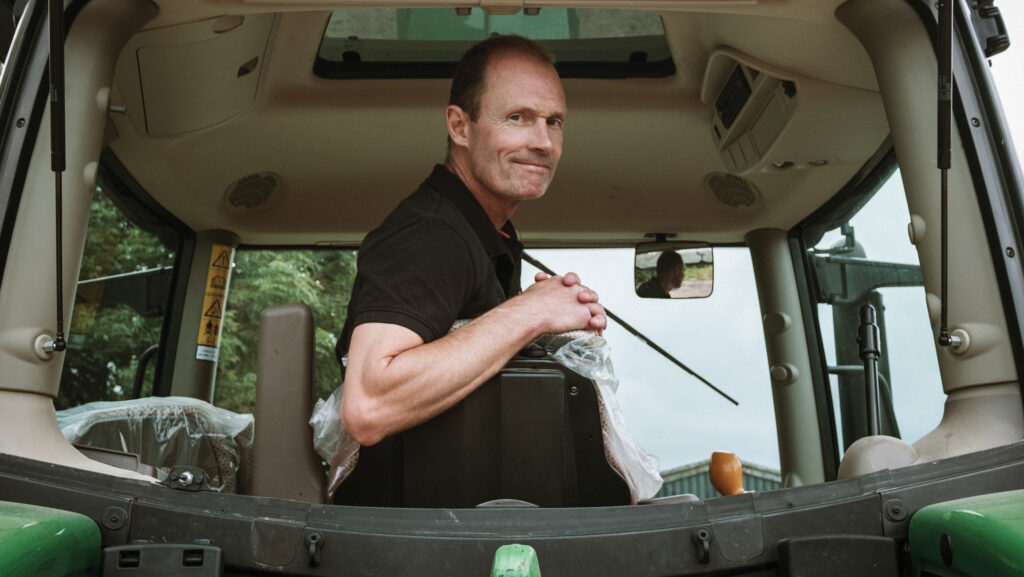Farmer Focus: Farming nostalgia and an archaeological dig
 © MAG/Colin Miller
© MAG/Colin Miller Fresh from slugs invading my patio, nature has found another way of reminding me that it’s definitely wet with a generous sprinkling of mushrooms now thriving in my lawn.
It only seems a heartbeat away that it was too dry to plant oilseed rape to it now being too wet to drill wheat.
Oilseed rape growth has been aided by a hail of slug pellets and the marked reduction in cabbage stem flea beetle this year.
In fact, locally to me, there seems to be more successfully established OSR than I’ve noticed for a few years.
See also: AHDB Recommended List varieties face stricter requirements
Let’s hope this lasts, as my foray into extra legume fallow wasn’t a bed of clover given the cost and annoyance of continually mowing ankle-high flowering blackgrass.
I have been shallow cultivating OSR stubbles in a bid to reduce flea beetle and slugs and relying on the volunteers to keep the soil life vibrant, but I have belatedly realised that I ought to get a seeder back on the cultivator and claim some more Sustainable Farming Incentive money in the guise of a summer cover crop.
One change I have managed to enact is switching winter wheat varieties from Extase to Bamford.
The former has done me well in a lower input system, but I kept it one year too long from a disease point of view and I’ve grown tired of applying more nitrogen in a vain attempt to hit the 13% protein mark.
It may be nostalgia, but I did enjoy growing the Ribands and Consorts in the Group 3 heyday and perhaps may have the possibility of a decent biscuit wheat blend next year looking at the potential of a couple of new varieties coming through.
Nostalgia didn’t quite cover it when I picked up a piece of iron from a recent archaeological trench dug on the farm that could also have been held by the farmer who grew crops on this land a couple of thousand years ago.

